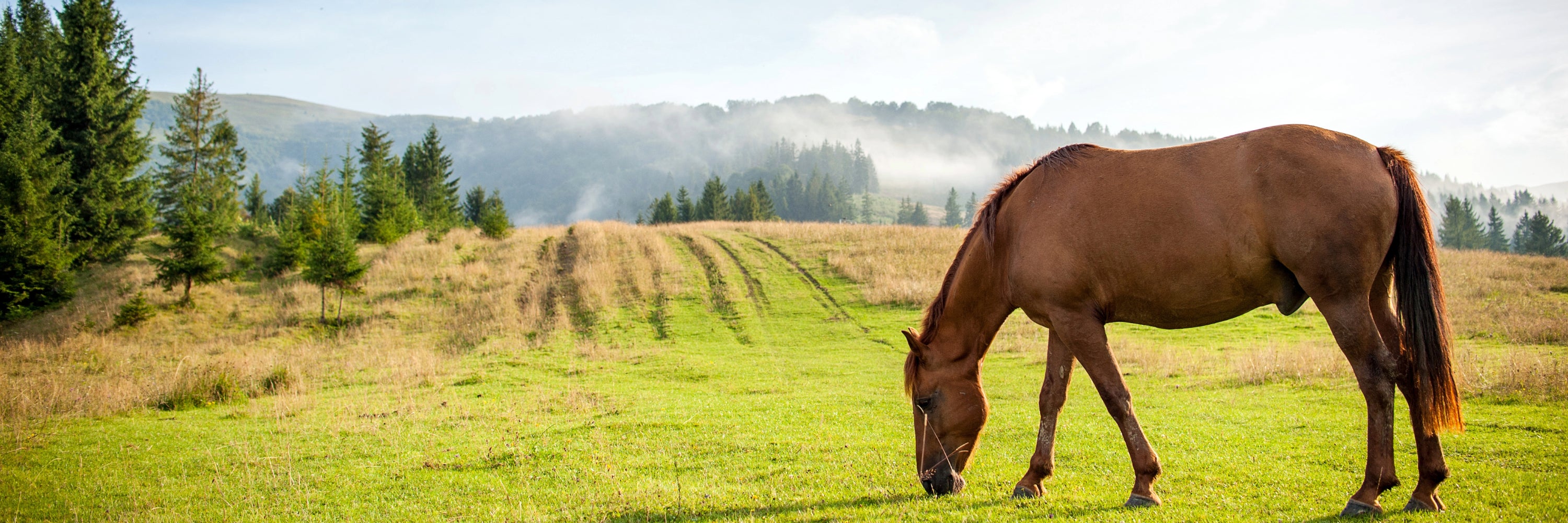
Vitamin E and Selenium Supplementation in Horses
Information-At-A-Glance
Introduction
Horses require adequate selenium and vitamin E levels to support many bodily functions. These nutrients protect muscle cells from damage and aid in healing, and the higher and more intense the exercise program, the greater the requirements are.
Selenium - Too Much Can Be Worse Than Not Enough
But simply supplementing selenium can be tricky. While roughly 30% of horses are low in selenium, severe overdoses can lead to death, and the signs of deficiency are similar to those of toxicity: poor coat and hoof quality, sore, achy muscles, poor performance and poor fertility. Selenium toxicosis occurs when a horse's diet has been over-supplemented with vitamins and minerals. Signs of severe toxicity include a stiff, staggering gait, blindness, labored breathing, respiratory failure, muscle tremors, and collapse.
What's The Right Amount Of Selenium?
A general recommendation is to keep the total amount of selenium in the diet between 1-10 mg per day and stay below 20 mg per day, as toxicity may begin to develop at this point. The average selenium recommendation for performance horses and larger breeds is between 2.5-5 mg of selenium per day.
Sourcing Selenium
Whether or not your horse requires supplemental selenium depends on his diet. Selenium levels in hays can vary from very little, even none, to high, depending on the soil/region it is grown in. A hay analysis will tell you the levels present in the hay you feed your horse and this is where you should start. If you feed grains, these can also be important sources of selenium and should be considered when determining supplemental needs. Garlic can also be high in selenium, and brans in general, whether wheat or rice, are also good sources. Alfalfa pellets are also a natural and recognized source of both selenium and vitamin E. Sodium Selenite is the most common source of added selenium in commercially prepared complete horse feeds and vitamin/mineral mixes. You need to account for all of the sources of selenium in your horse's diet before deciding to add a supplemental source in order to avoid toxicity.
Vitamin E - Natural Source vs Artificial
Vitamin E is a powerful lipid-soluble antioxidant, required for maintaining the integrity of mucosa and skin, protecting it from harmful oxygen-free radicals. It is considered an essential nutrient as it cannot be synthesized by the horse. The best source of vitamin E is fresh green grass. Freshly cut hays are also high in vitamin E however, the potency declines very quickly once forages are harvested, dried, and stored. Natural-source vitamin E (d-alpha tocopherol) is proven to be more effective and better absorbed than synthetic vitamin E (dl-alpha tocopherol).
Flax Seeds and Black Cumin Seeds to the Rescue
Flax seeds are an excellent source of selenium and vitamin E and are especially rich in gamma-tocopherol. Black Cumin seeds are also a good source of selenium and vitamin E, containing vital tocotrienols, shown to have a wide variety of health benefits.
The Selenium and Vitamin E Balance
If your horse has access to fresh, green grass for at least part of the year, he will be able to consume and store enough vitamin E to insure adequate levels in his body throughout the year. In addition, both vitamin E and selenium will make up for deficiencies in the other, so being a little deficient in one of these does not necessarily translate into a problem for the horse.
Evolved Remedies' Premium Seed Press Cakes
If you determine that your horse is in need of supplemental selenium and vitamin E, Organic Black Cumin Seed and Organic Flax Seed Press Cakes from Evolved Remedies are a fabulous whole food source of many vital nutrients. Delivered in a high protein, high fiber, whole seed "cake" that horses love, these organic Seed Press Cakes are the perfect solution to dietary vitamin/mineral deficiencies in horses, including selenium and vitamin E.
Product is coming soon. Be sure to subscribe to our newsletter and follow us on social media @headleyholistics. We will be notifying these channels first with new product releases and special deals and discounts

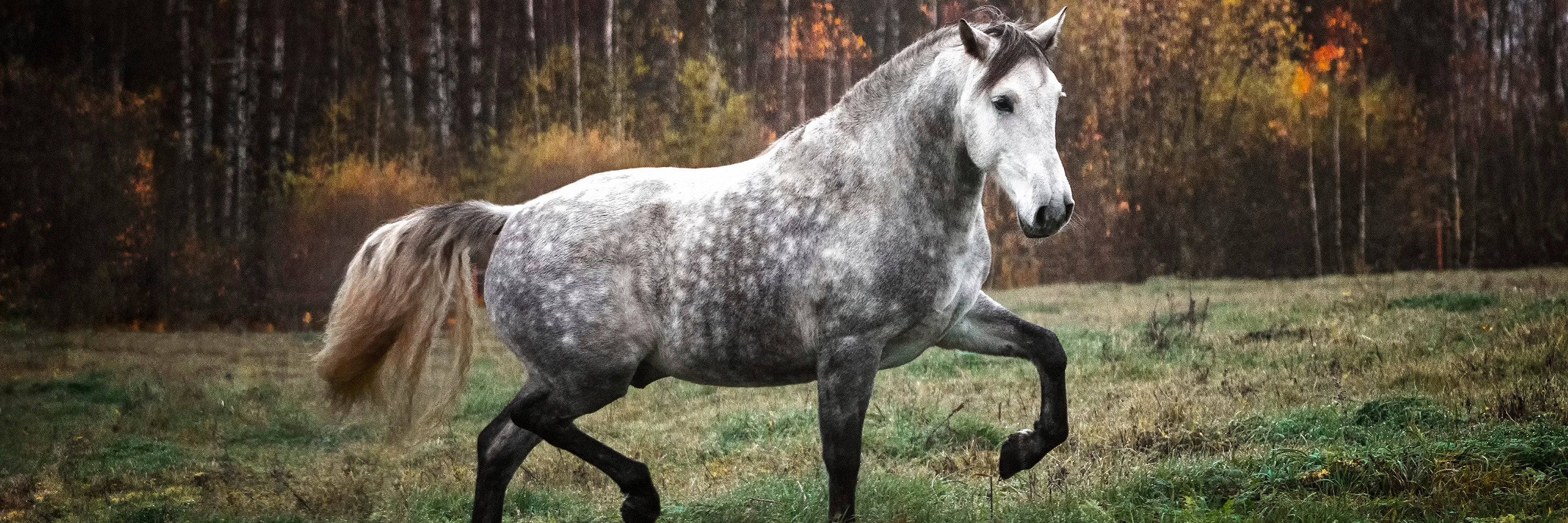
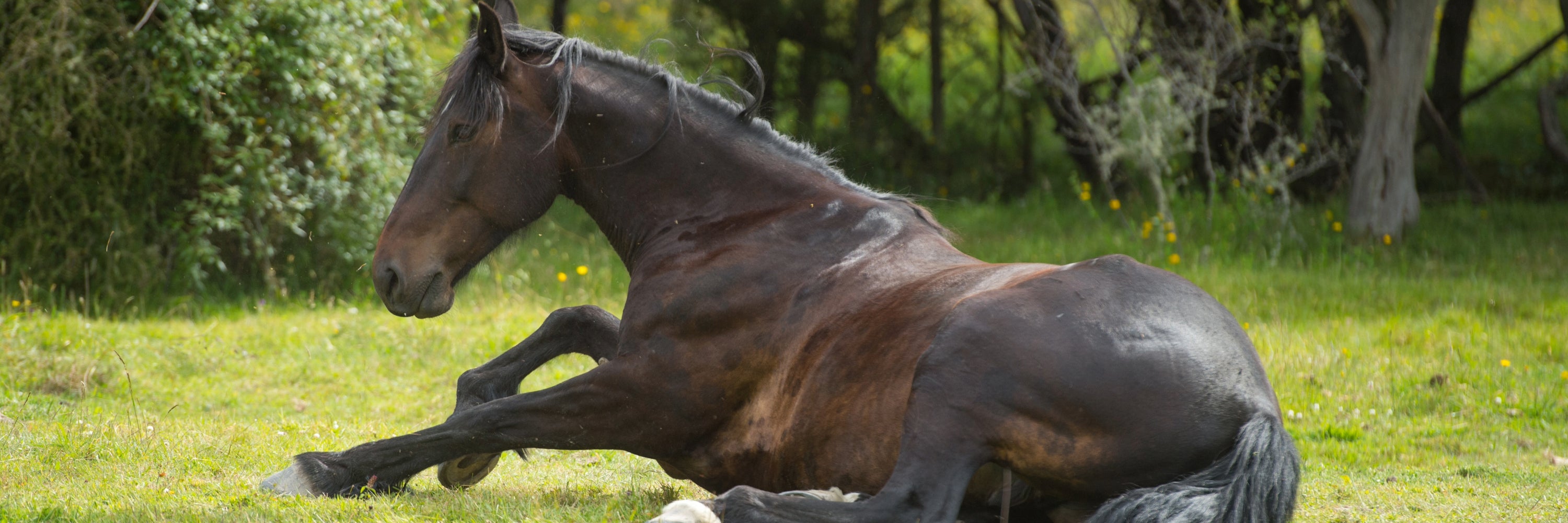
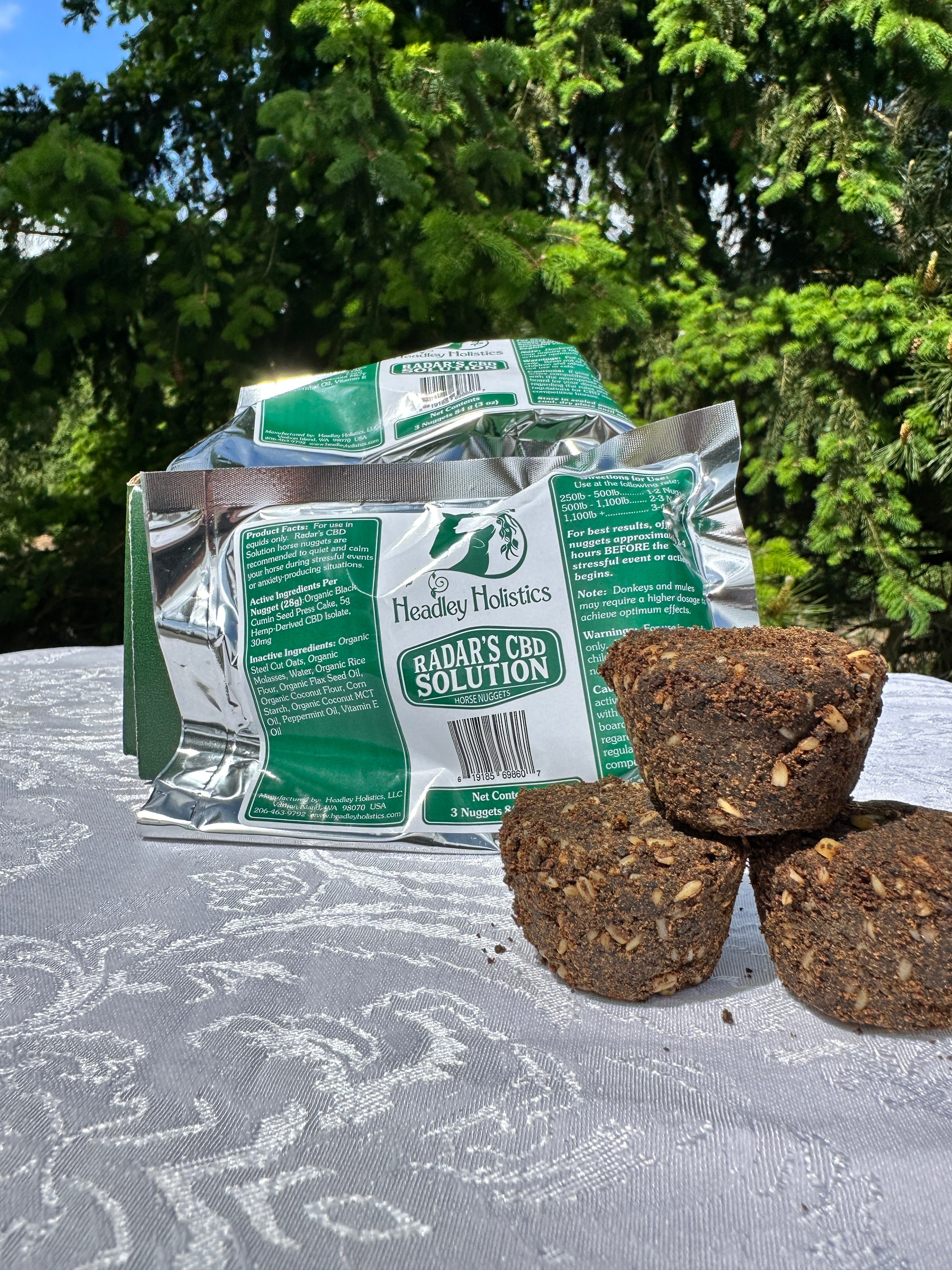
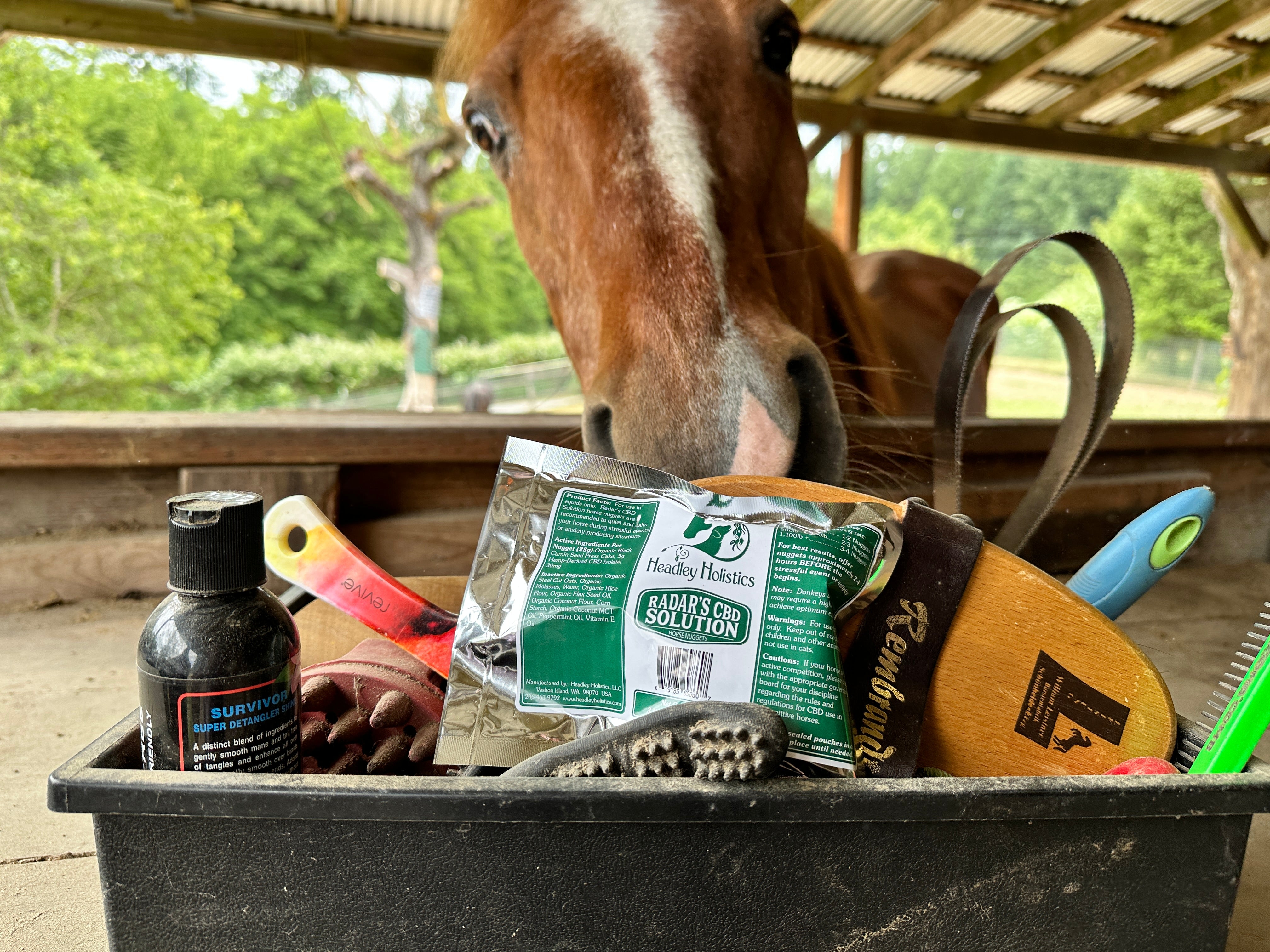
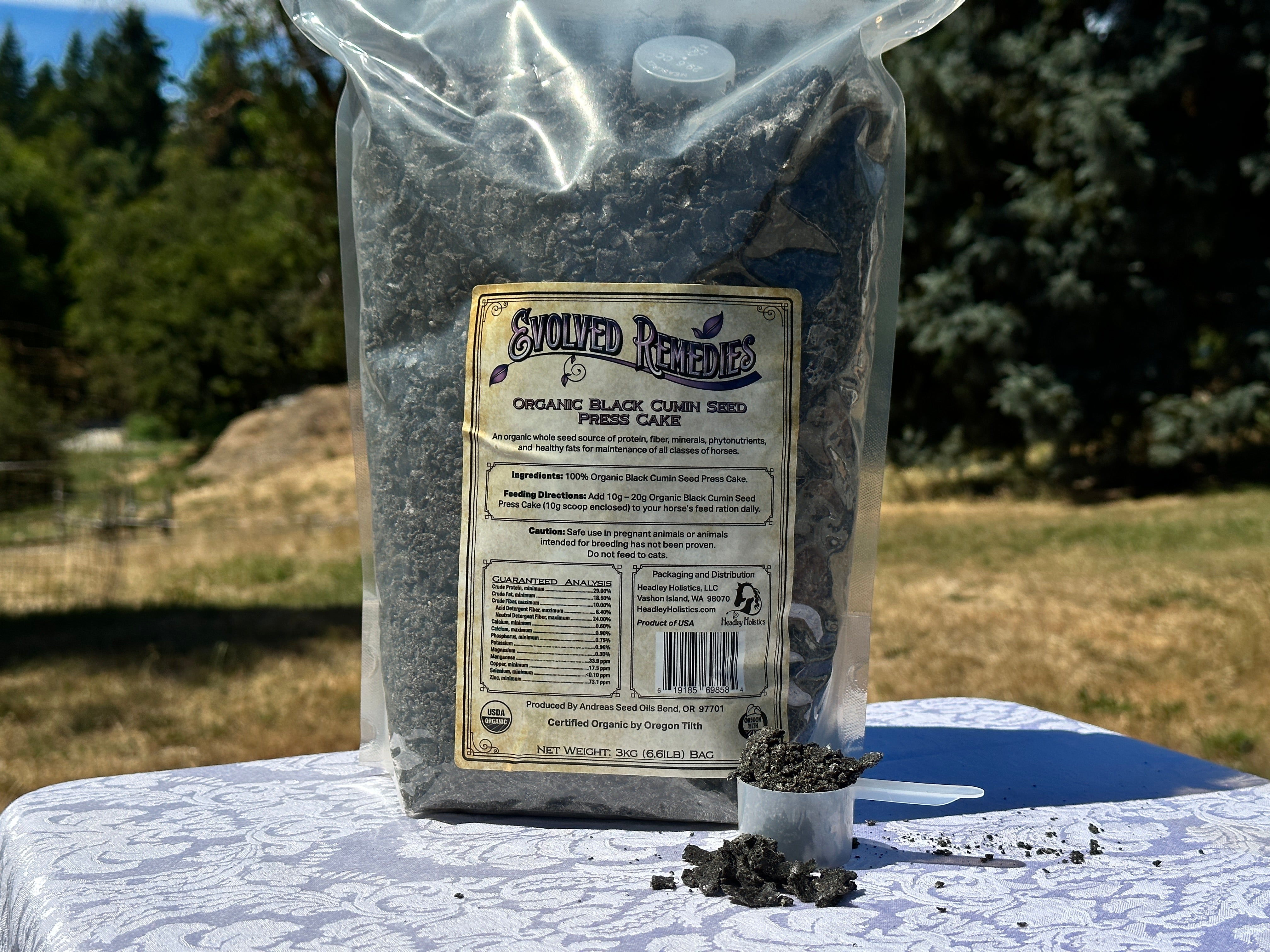
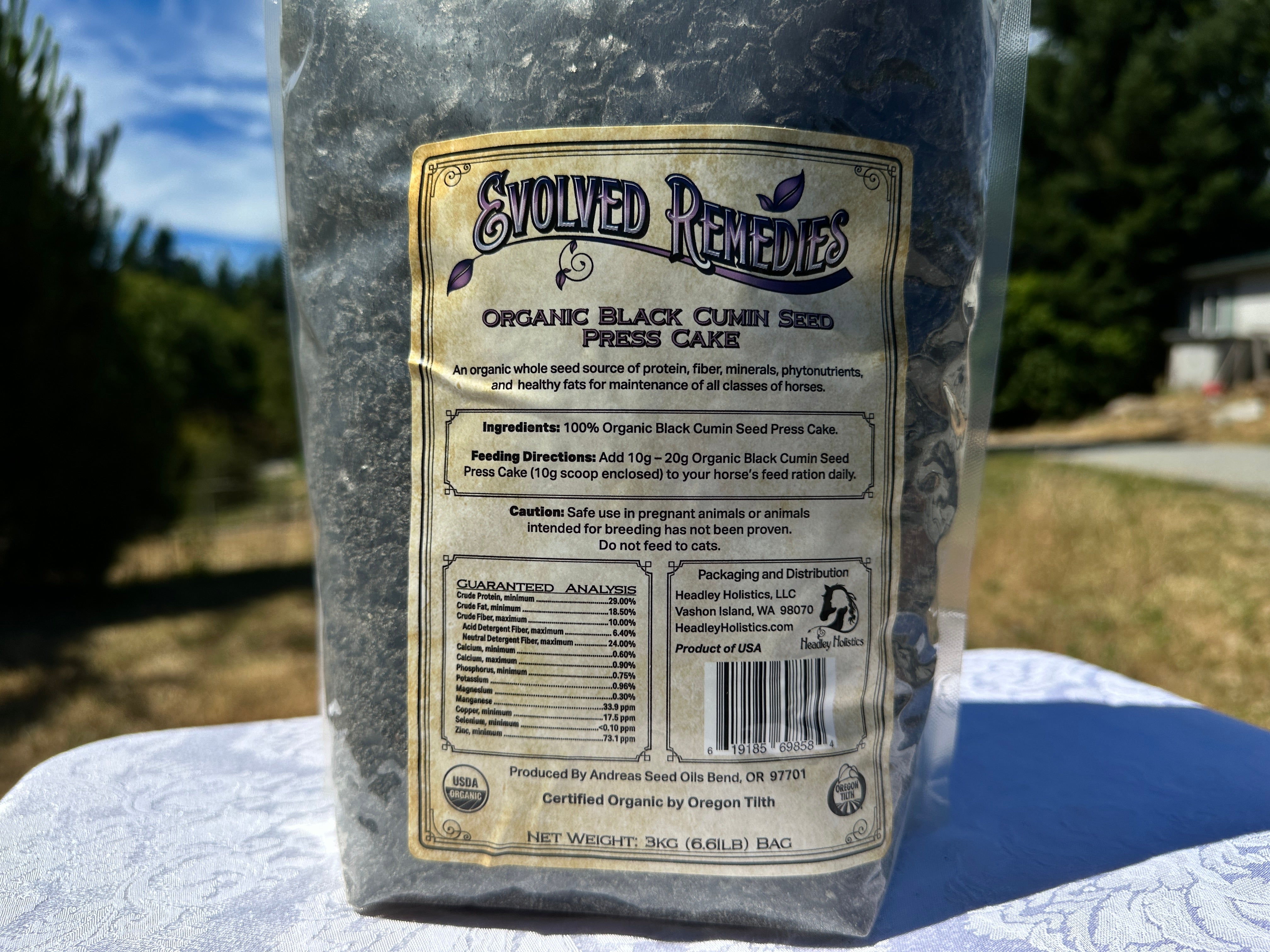
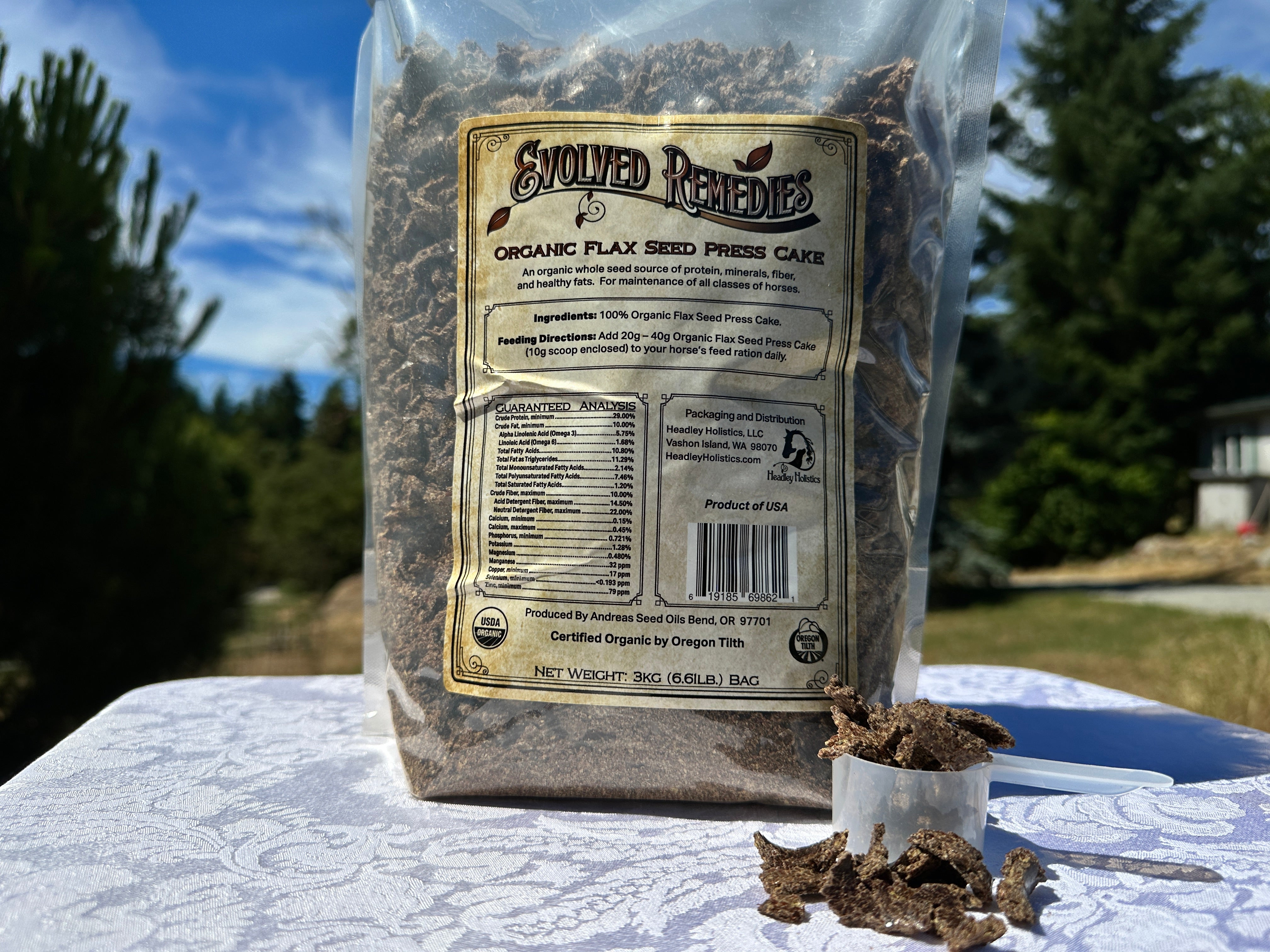
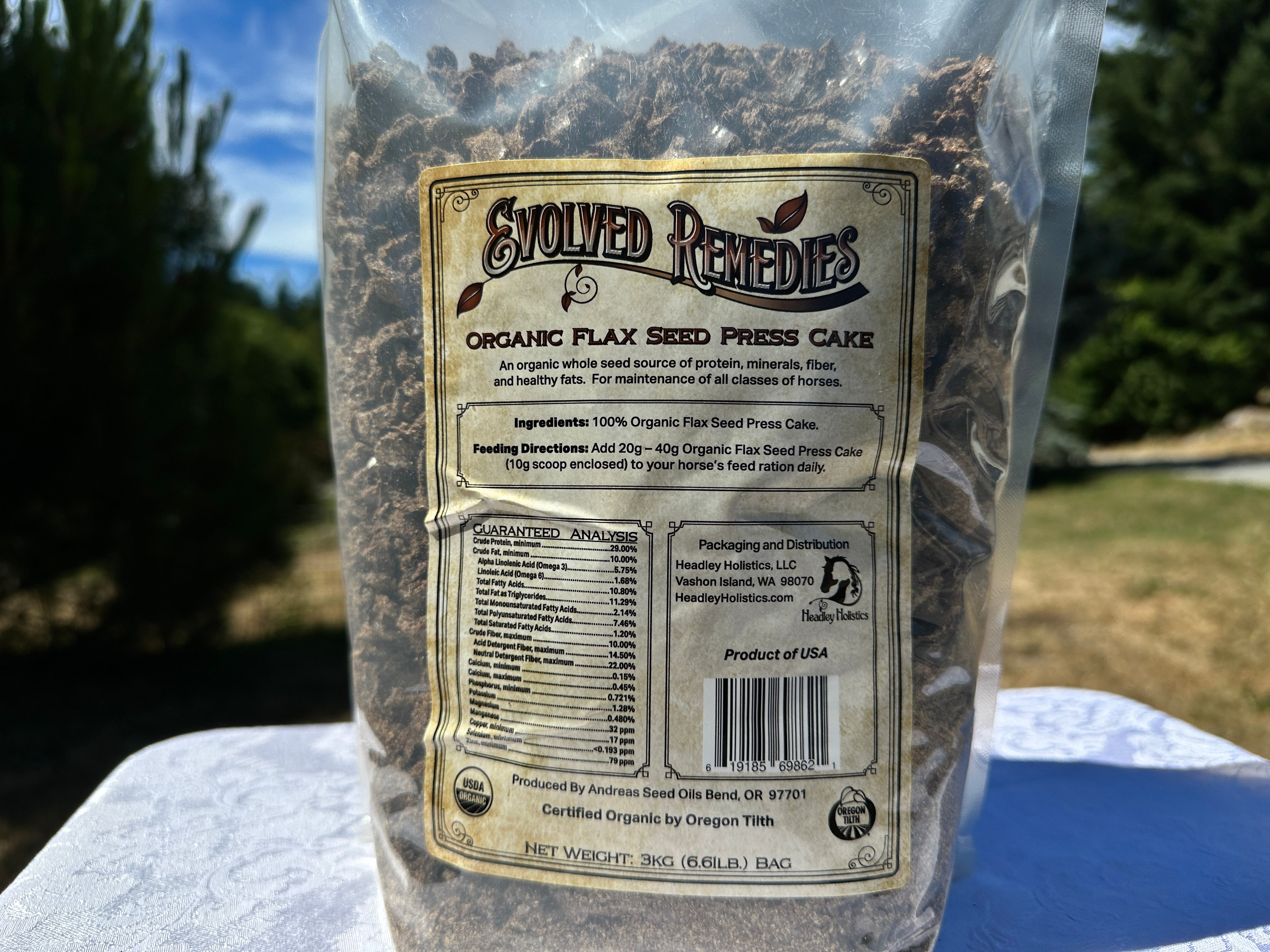
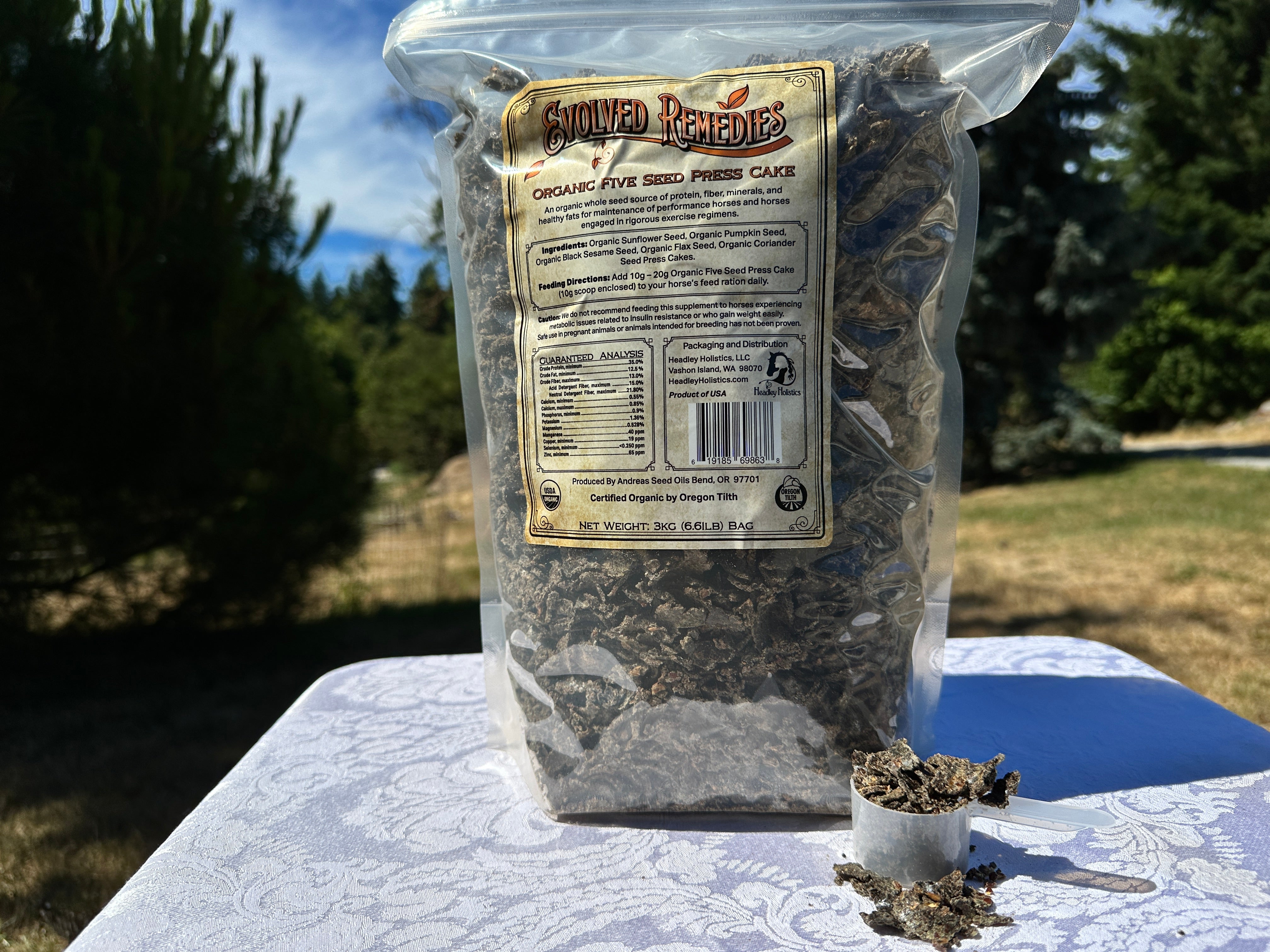
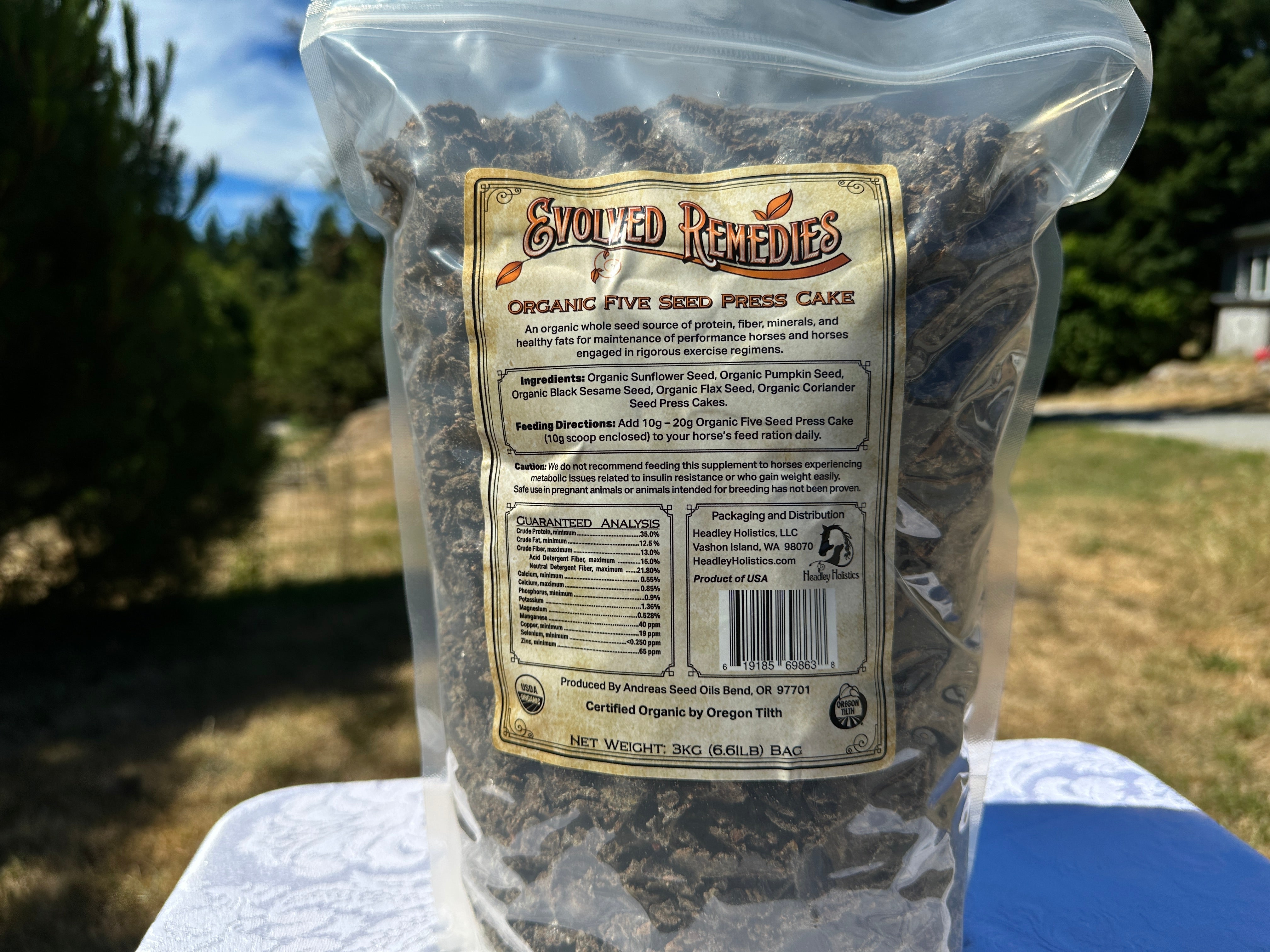
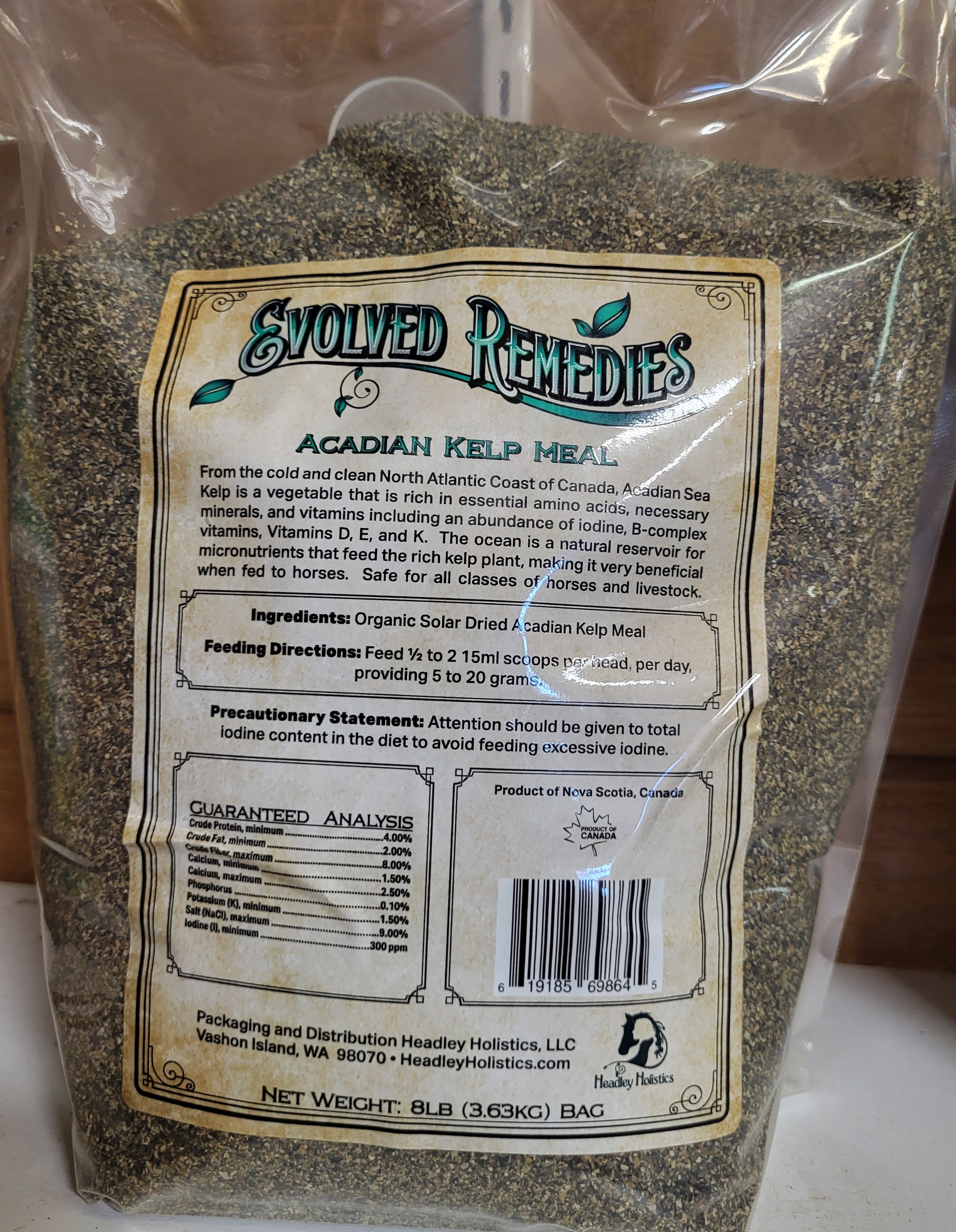
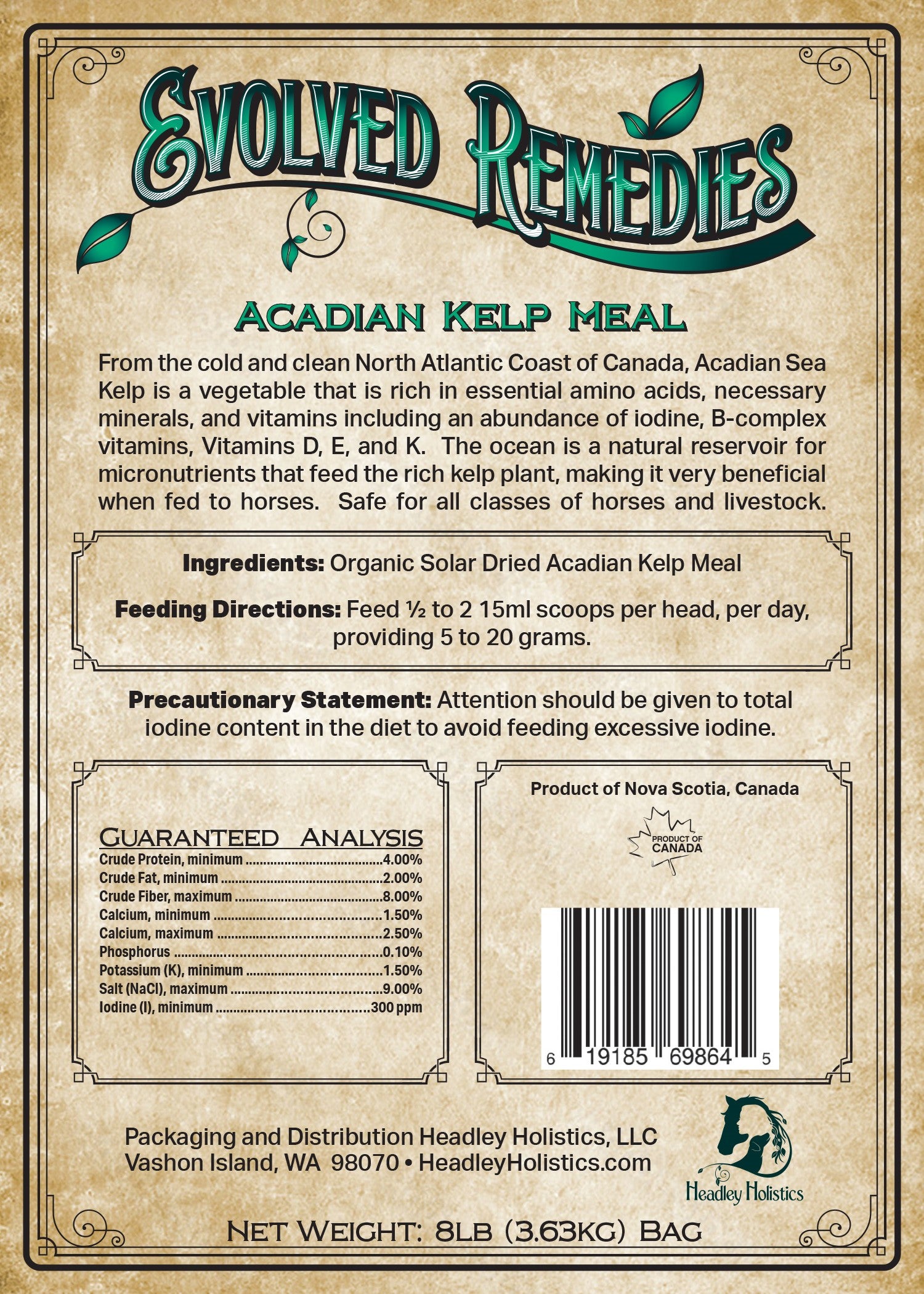
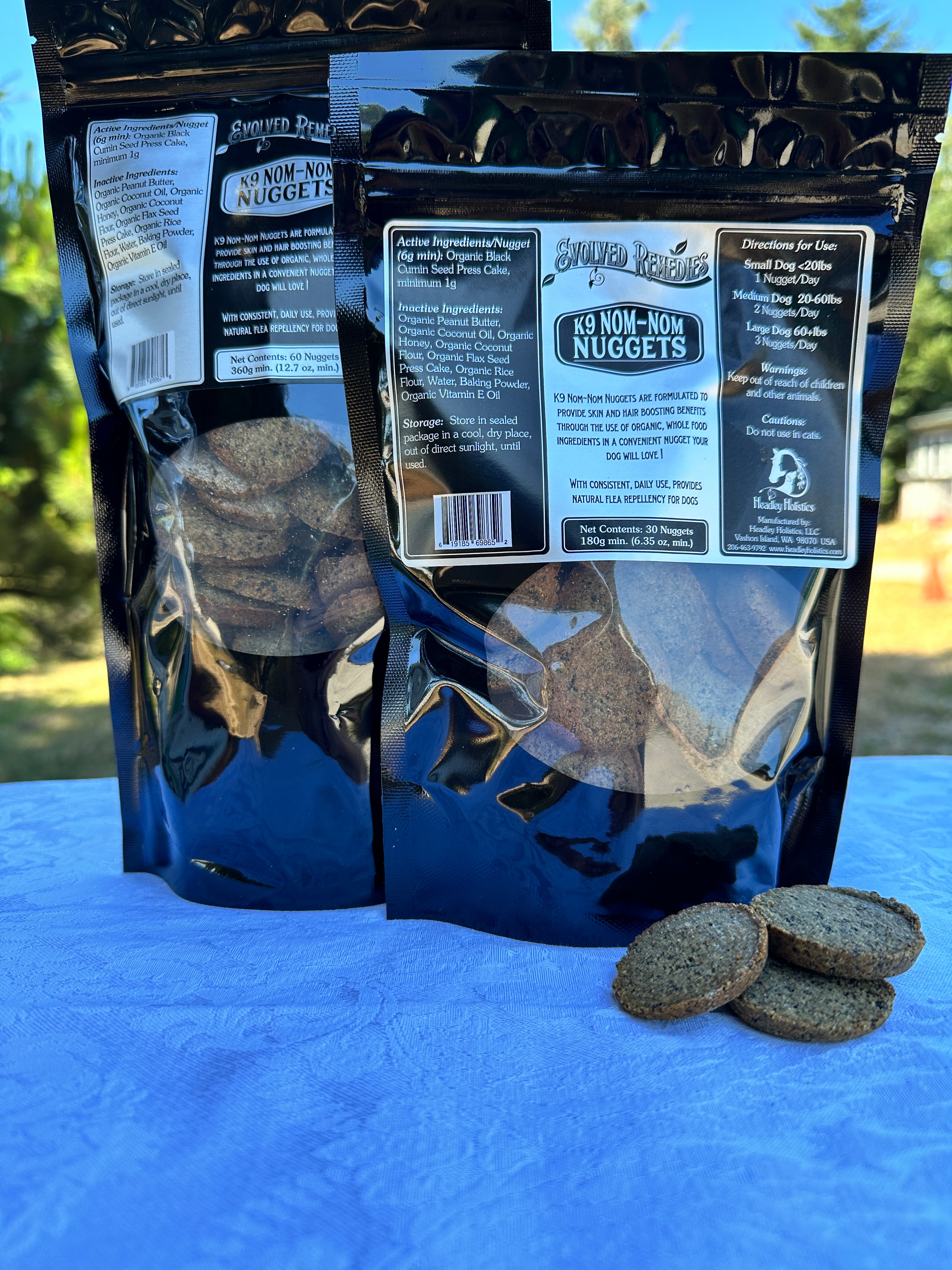
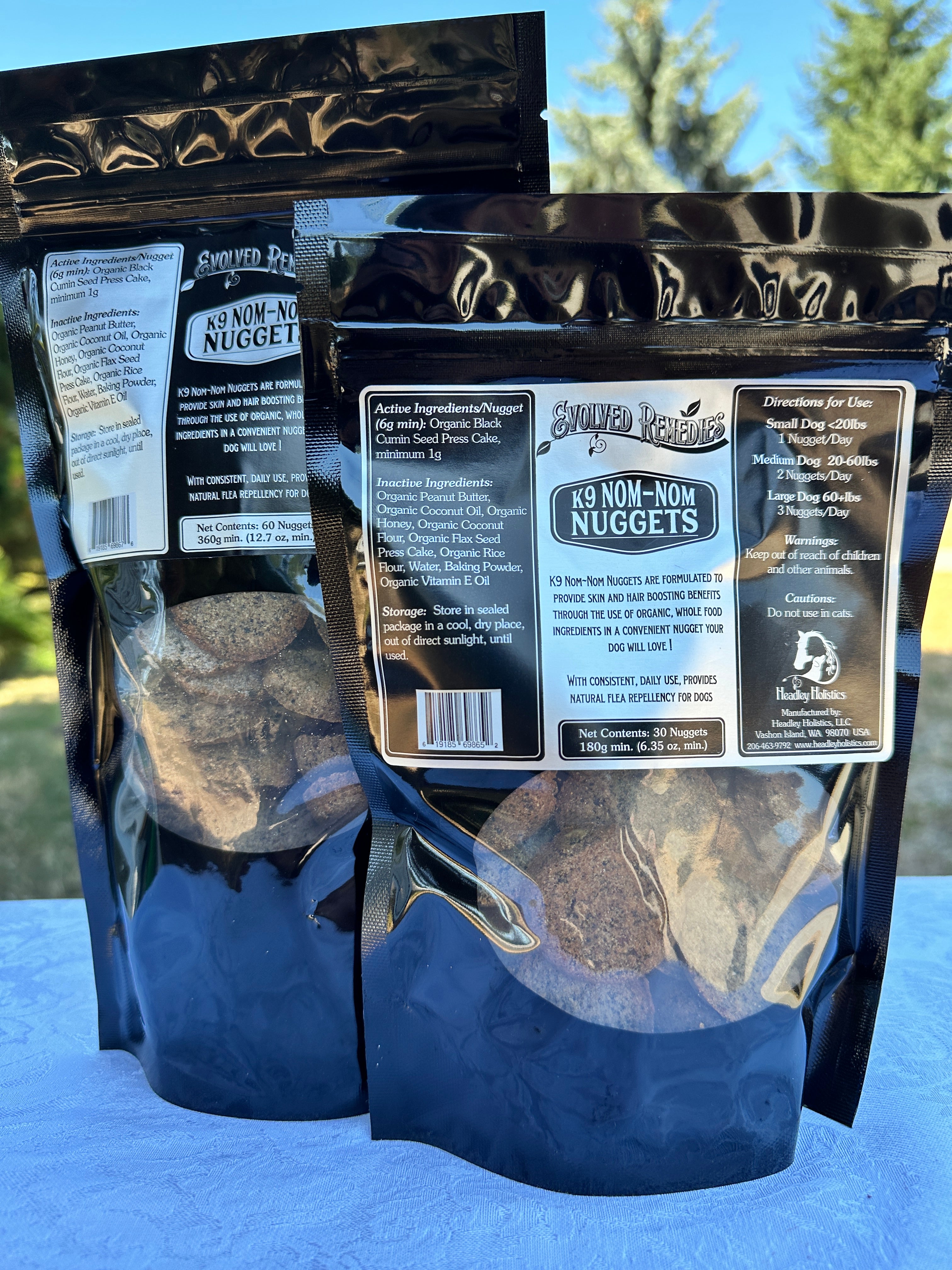
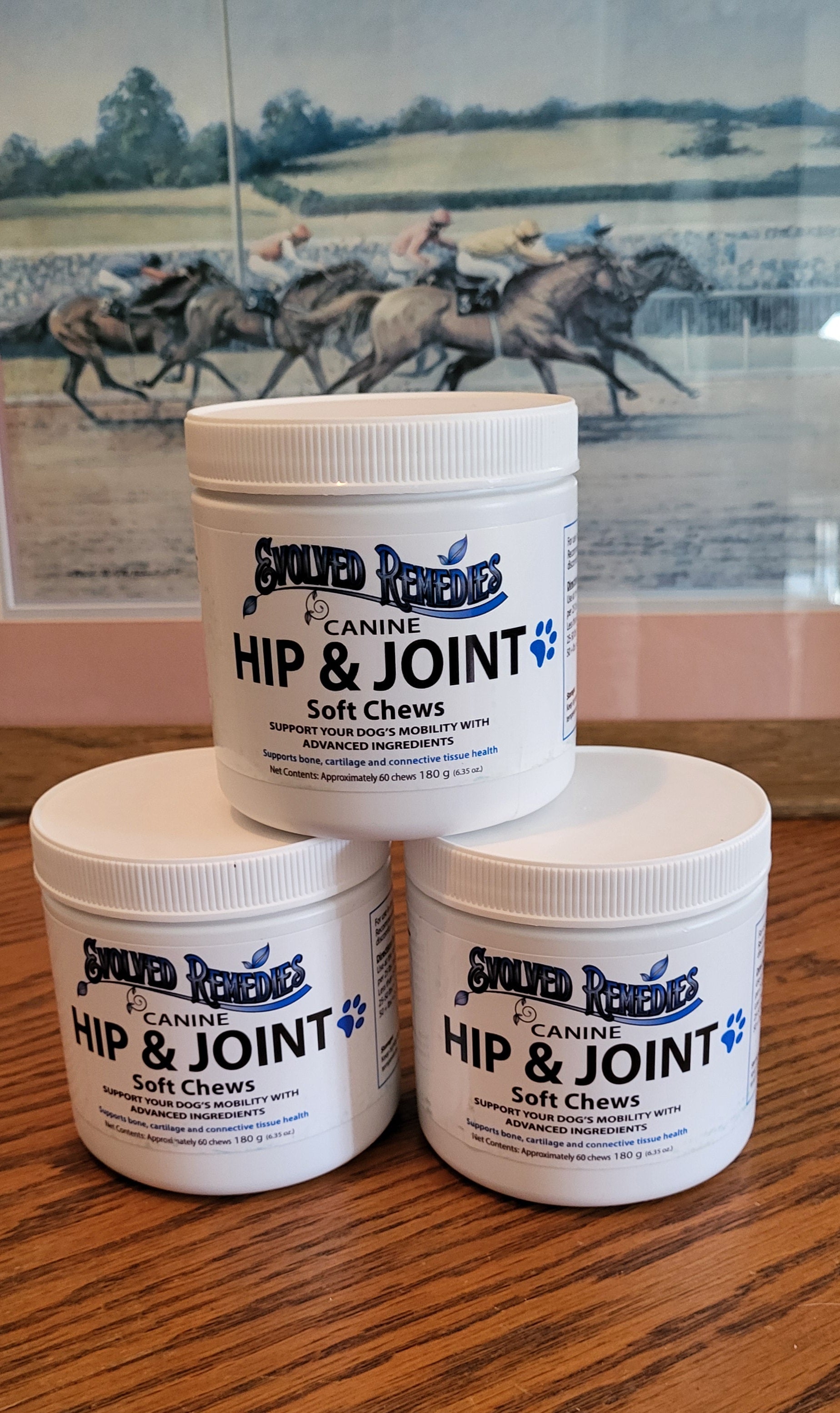
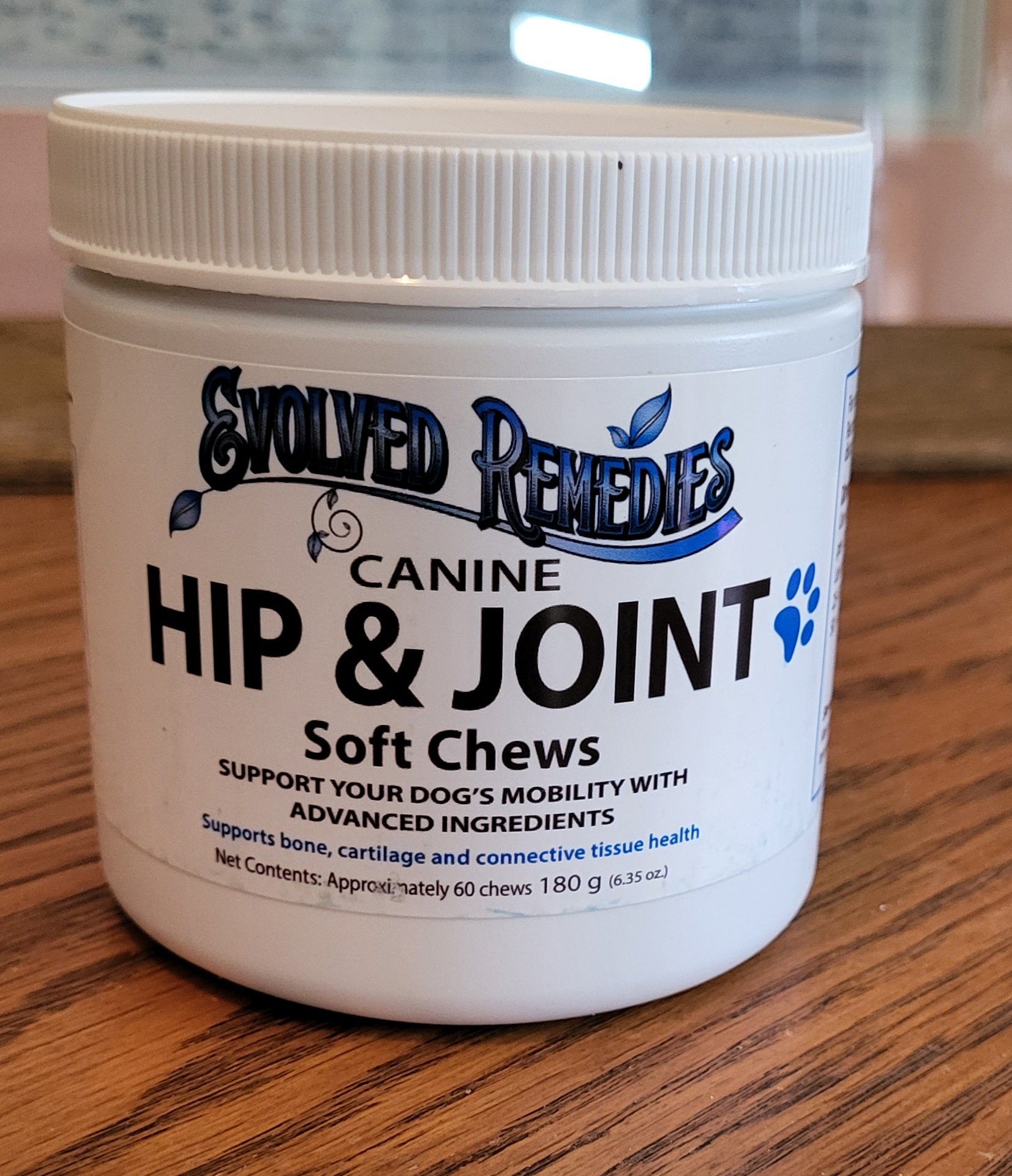
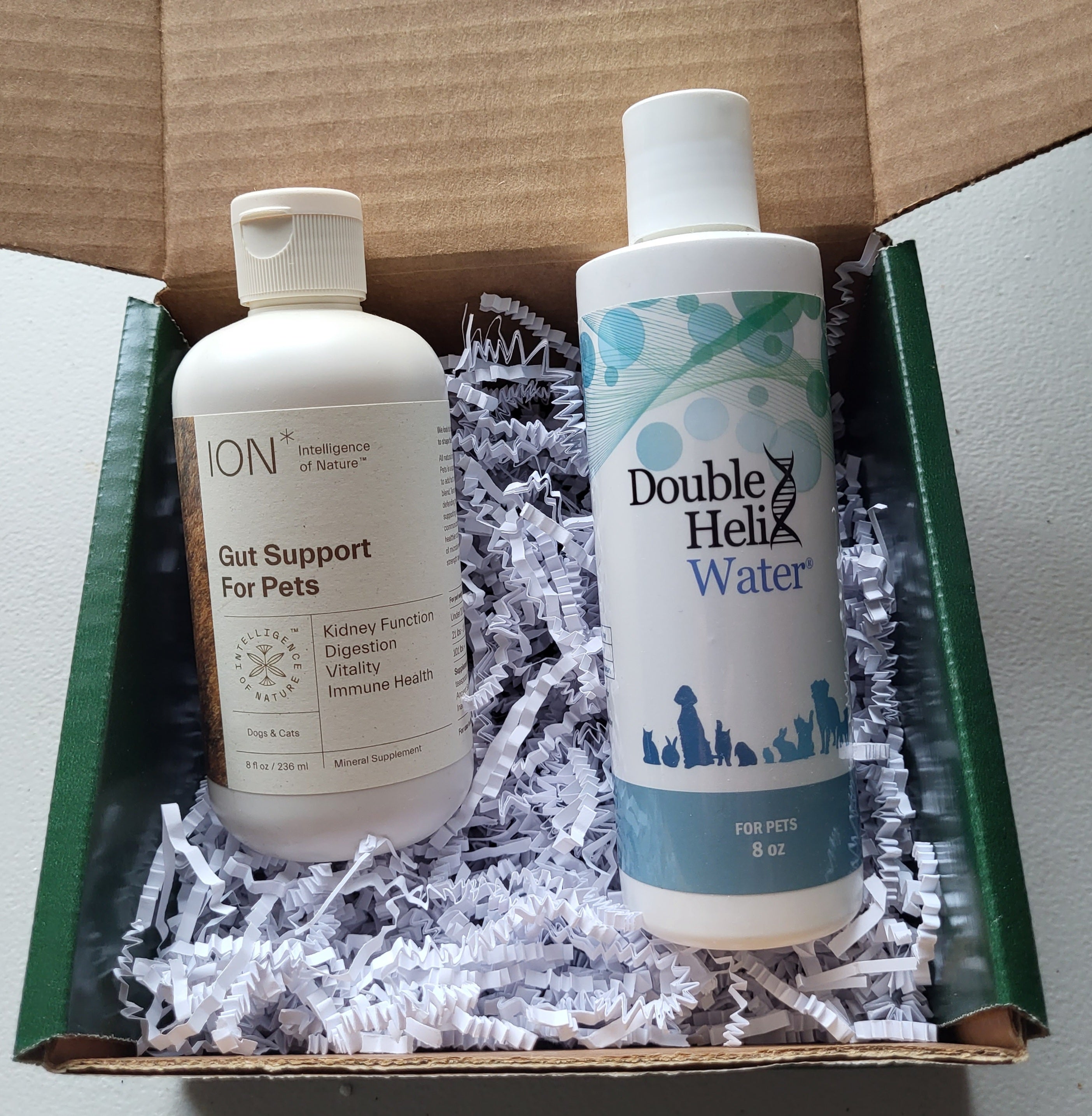
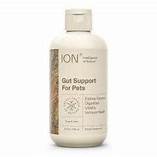
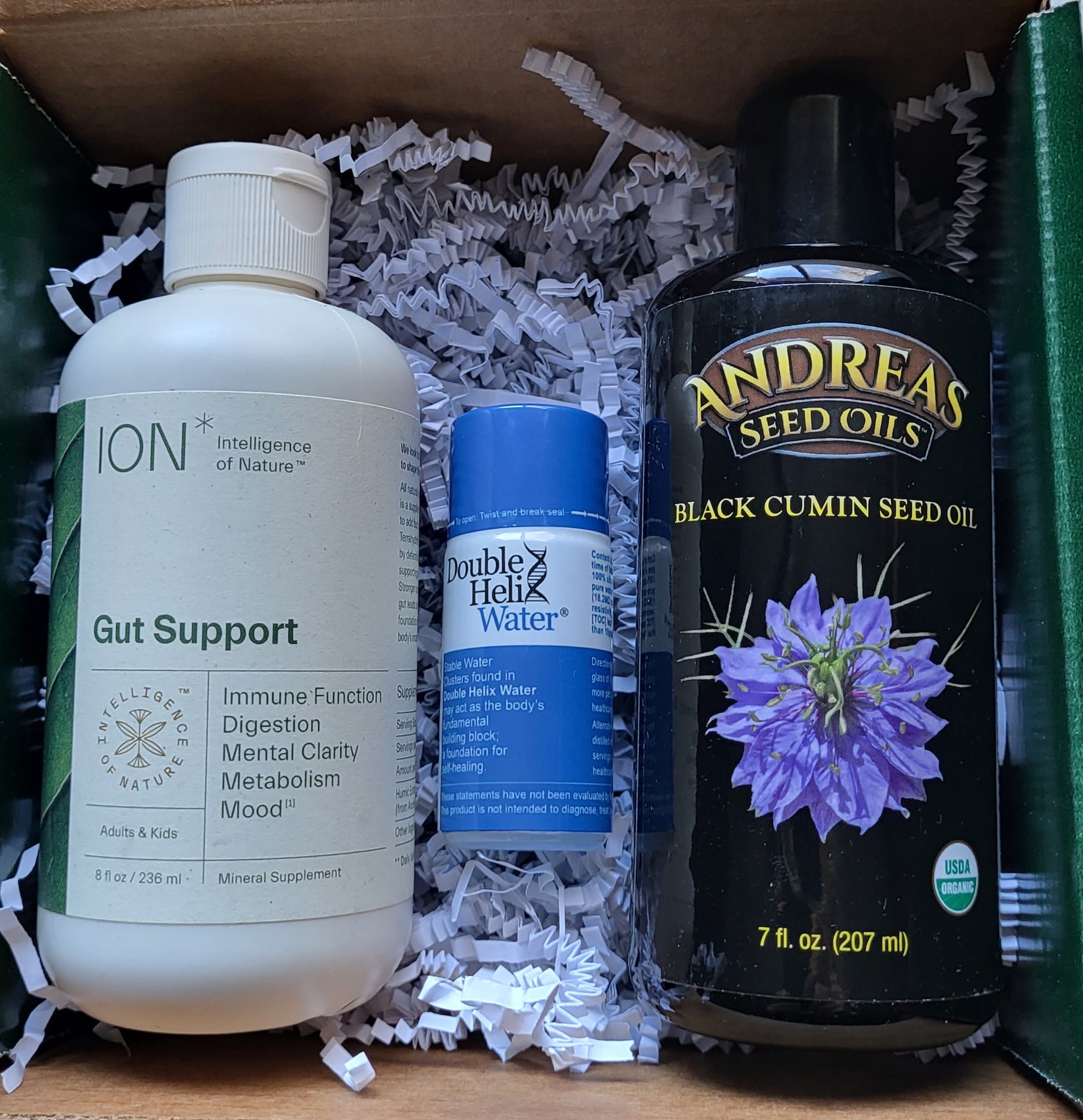
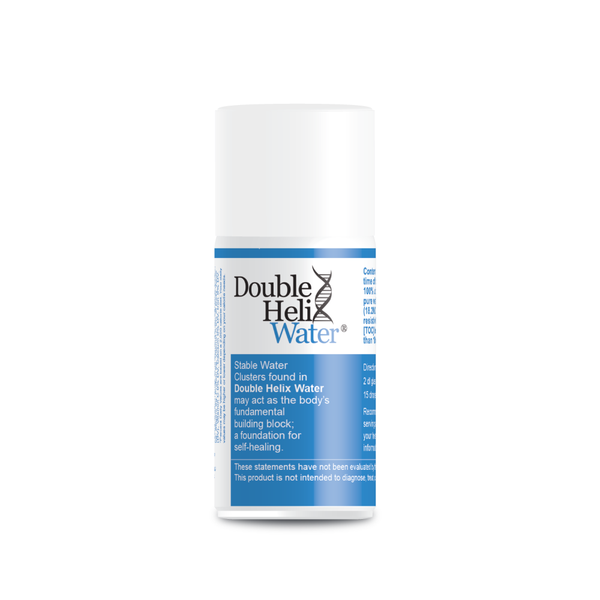
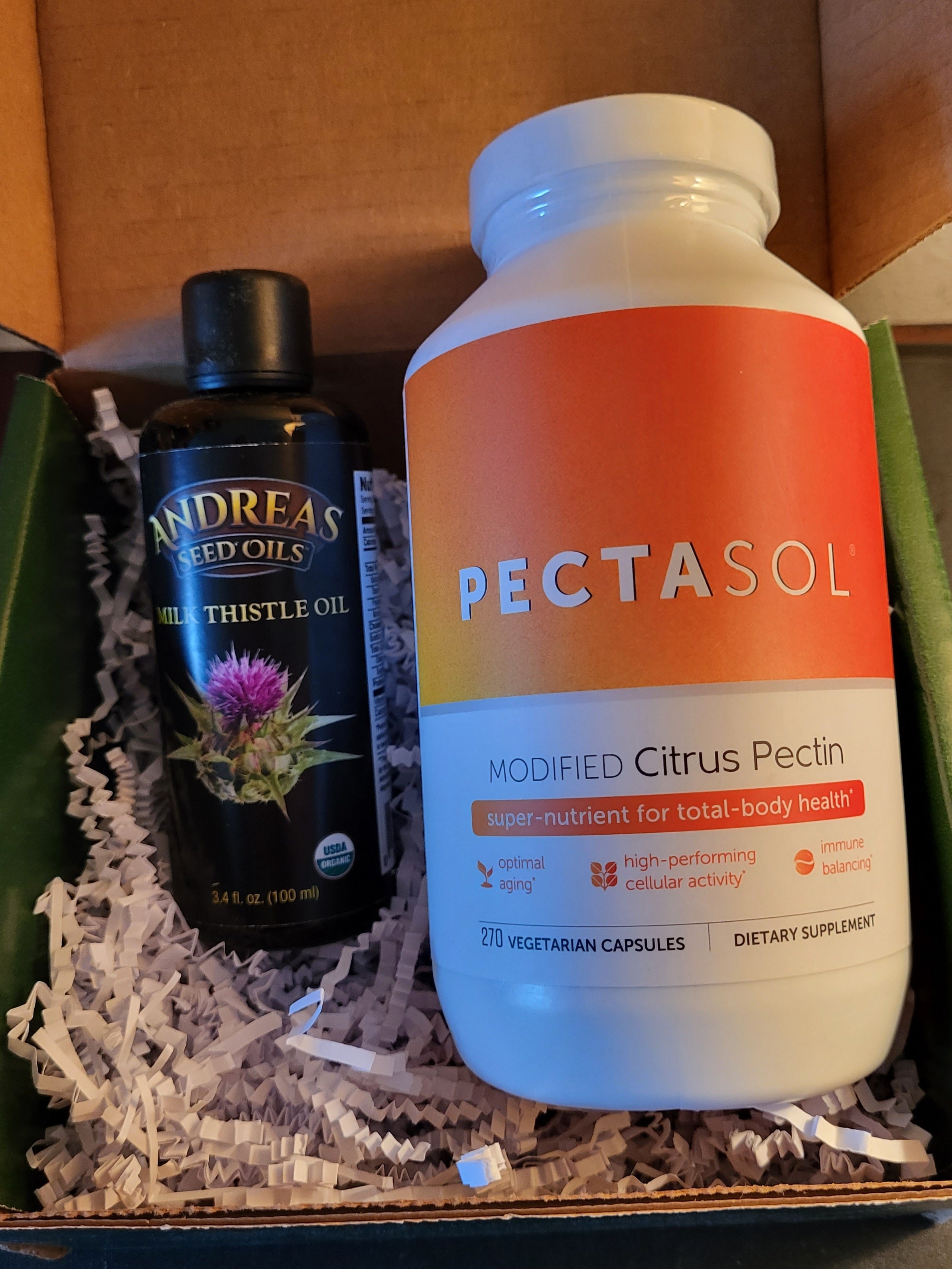
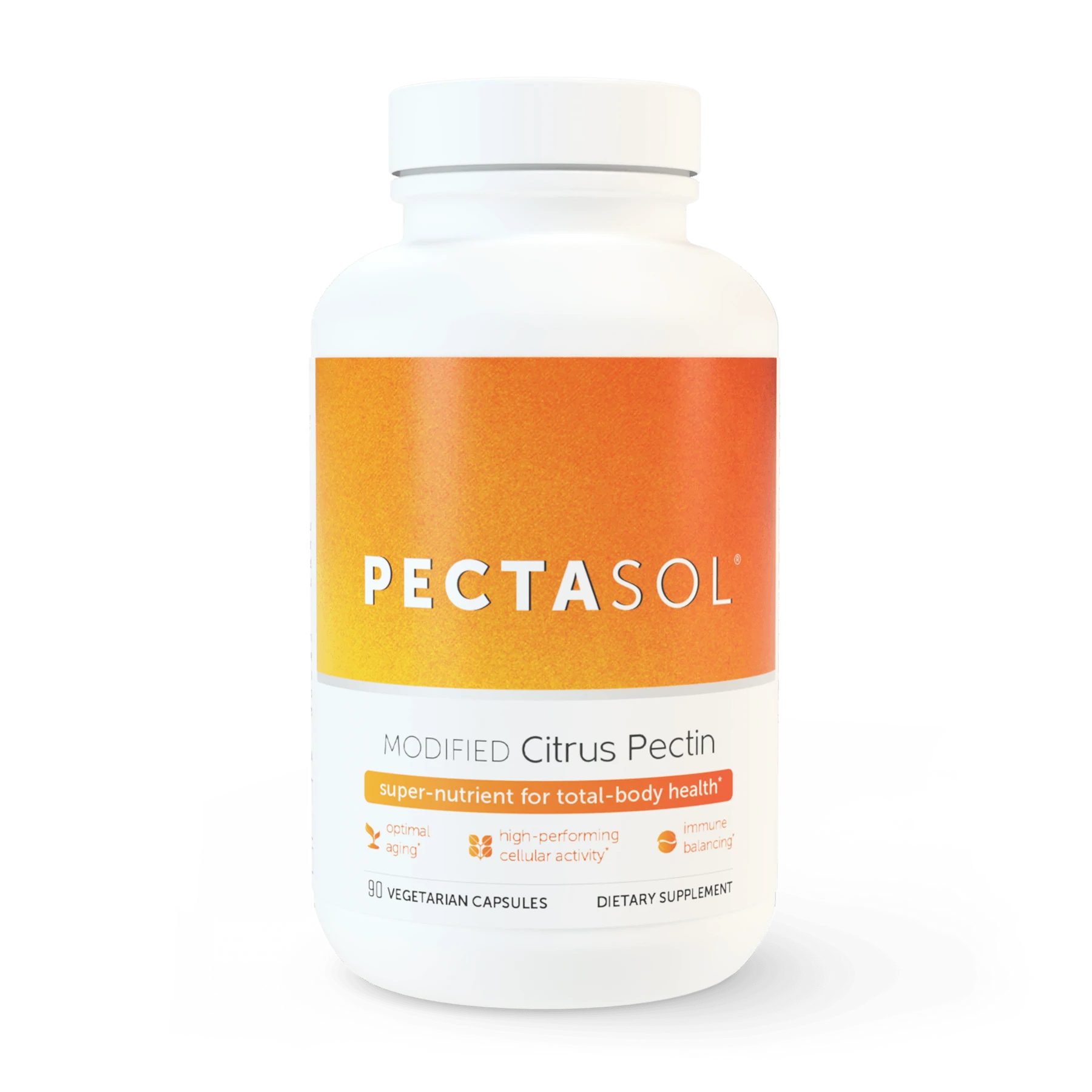
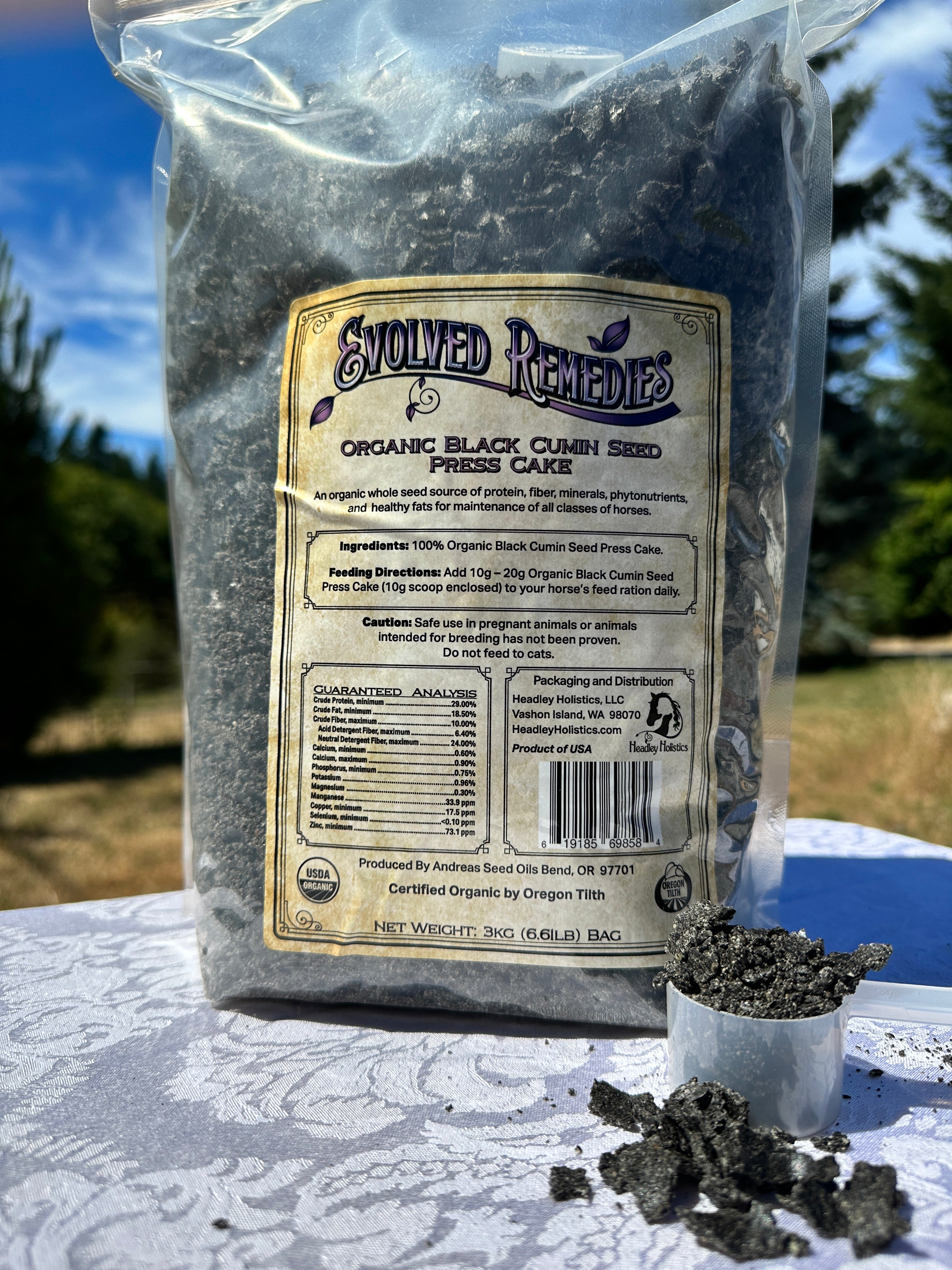
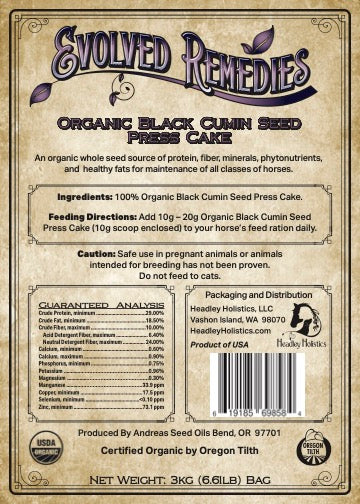
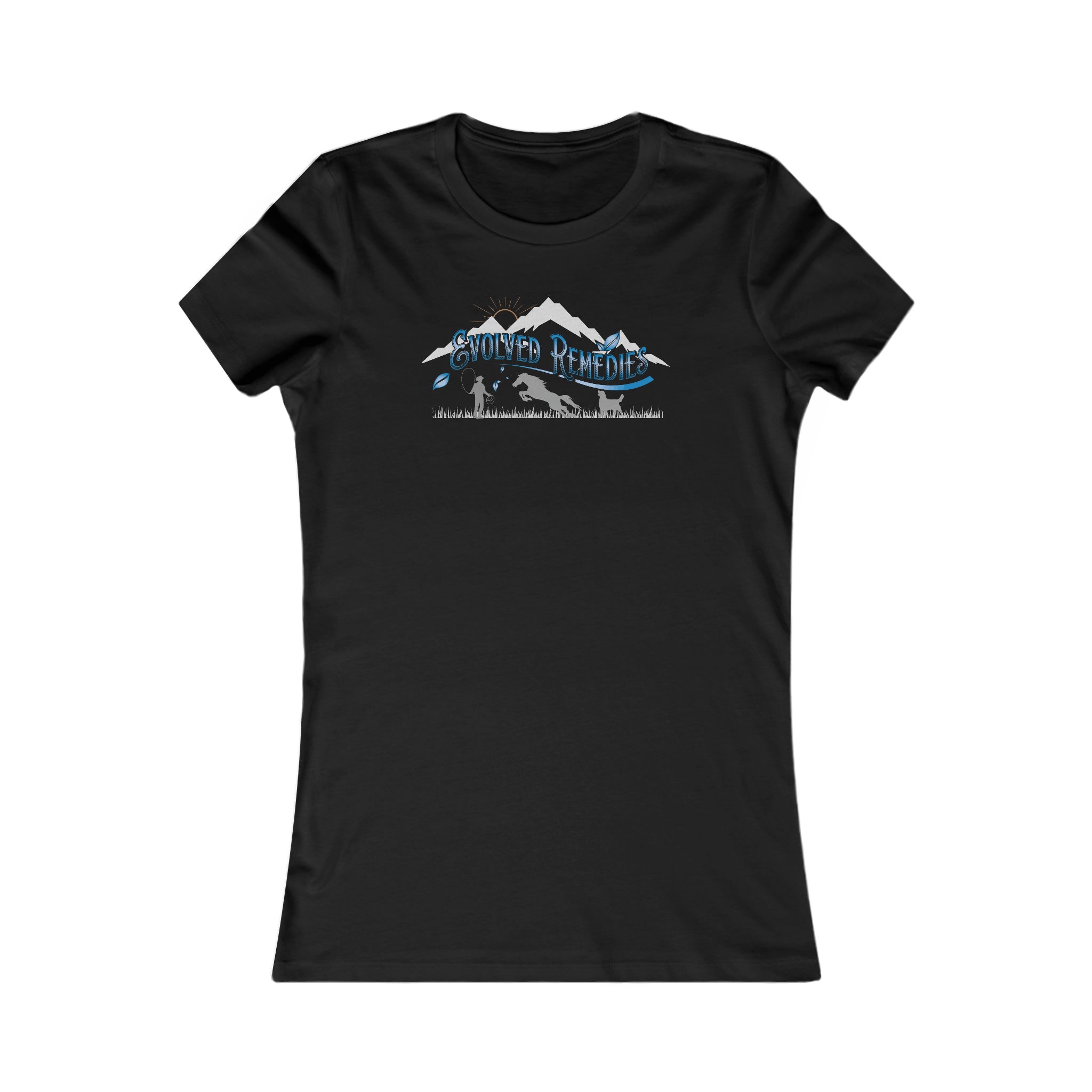
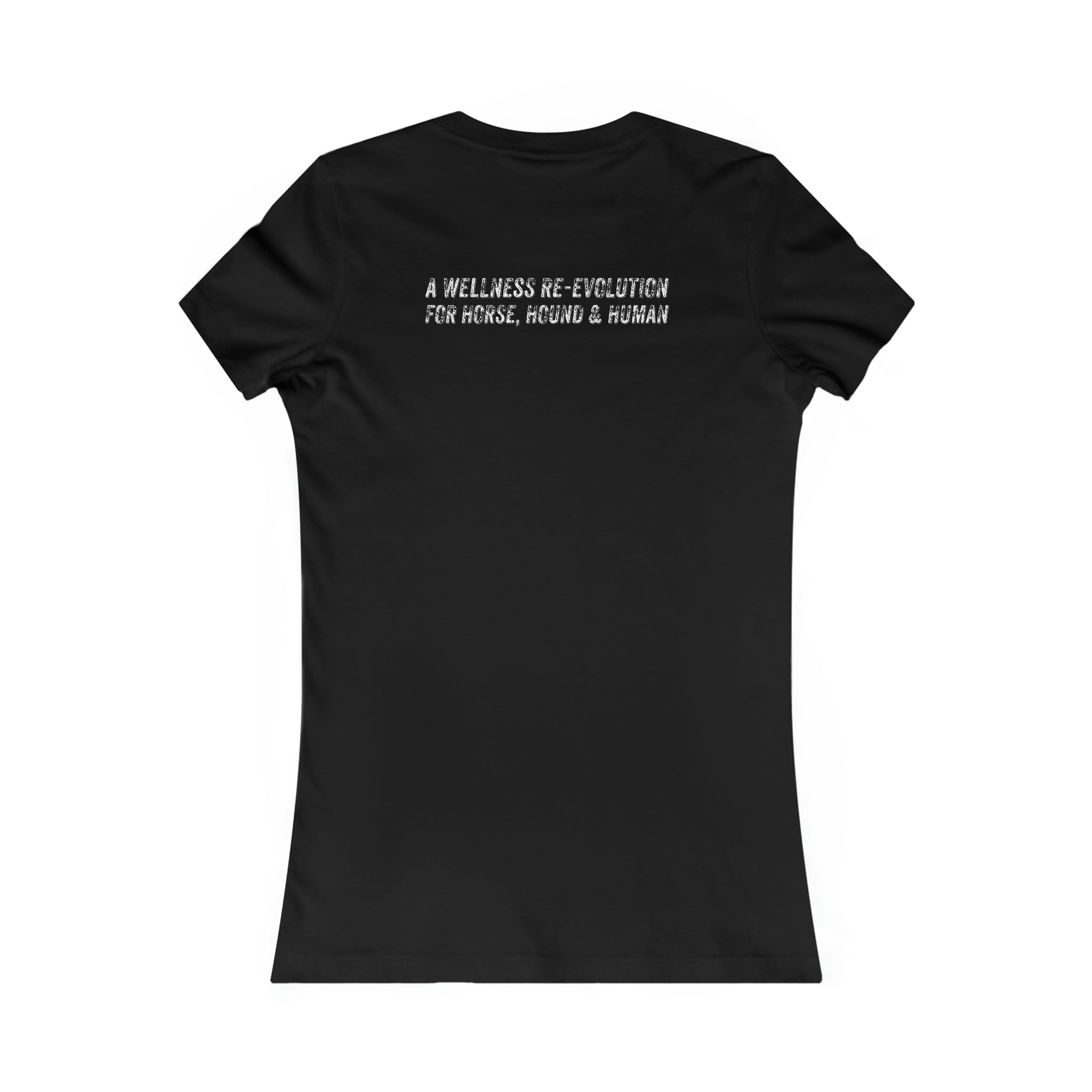
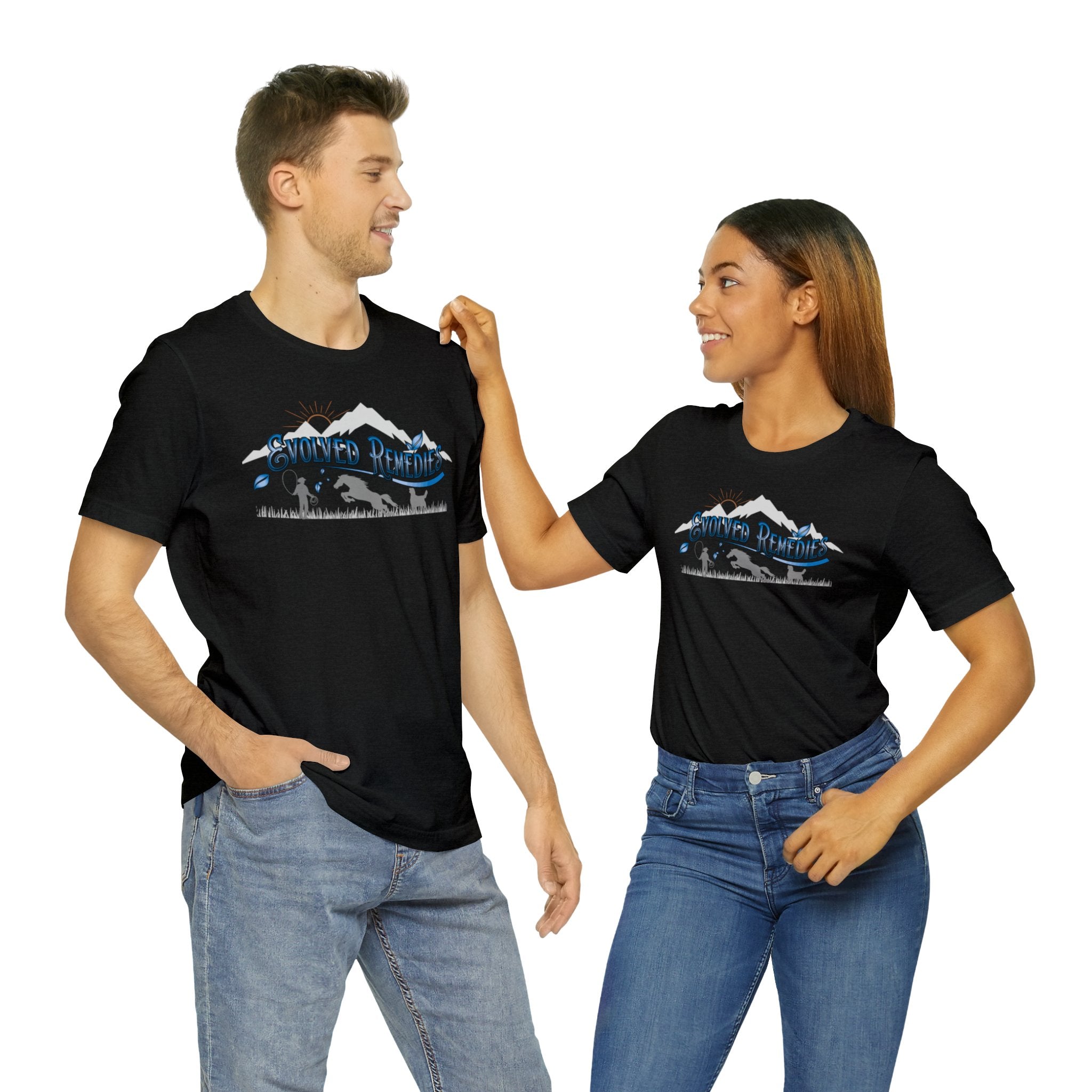
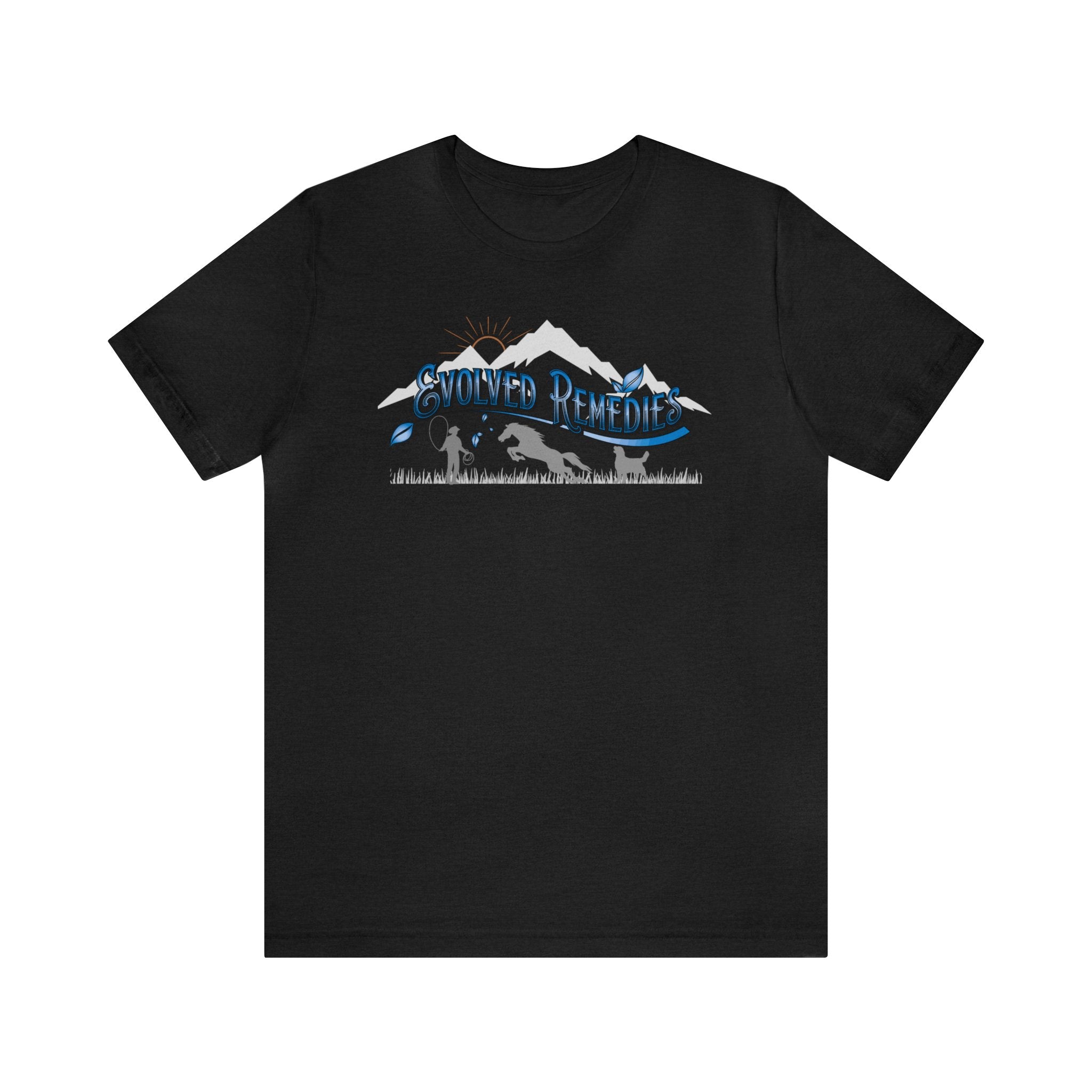
Leave a comment
This site is protected by reCAPTCHA and the Google Privacy Policy and Terms of Service apply.